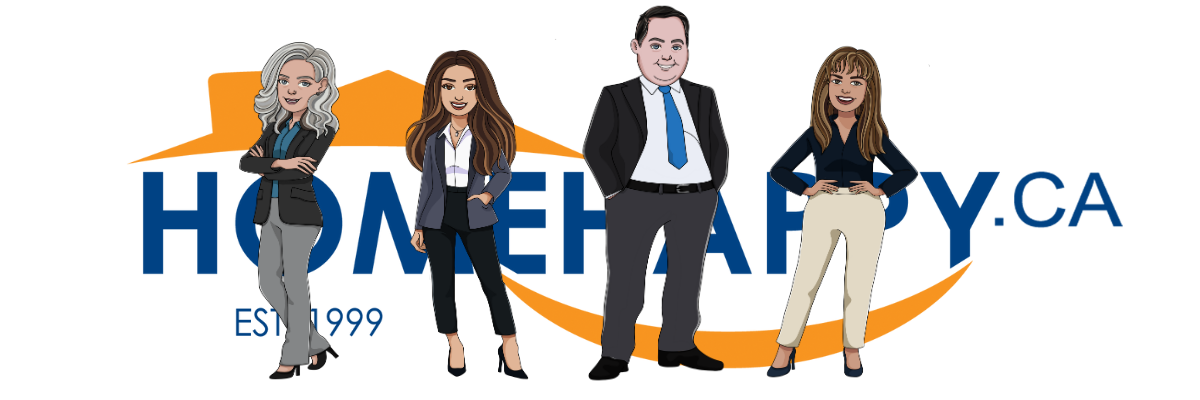Mortgage Financing in a Competitive Housing Market.

Canada is an interesting place to buy a property right now. If you’ve paid attention to the media at all over the last few weeks, you’ve probably heard that…
- Many people are still out of work due to COVID-19.
- The bank of Canada has forecasted rates will stay low for a long time.
- Although house prices keep rising, we may be in for a housing crash sooner than later.
While more recently, the media is reporting that…
- Canadian house prices are hitting record highs with no stop in sight.
- There is very little inventory available in housing markets across Canada.
- This week, bond rates have started to rise, and we can likely expect lenders to follow with an increase in fixed rates.
Needless to say, things can change pretty quickly. And while talking about the “Canadian housing market” is a lot like talking about the “weather in Canada”; it varies regionally and will be significantly different depending on where you live, one thing seems to be true, if you’re looking to buy a property, you can expect a competitive housing market.
Some markets will be hotter than others, but buying a home in a competitive housing market can be difficult.
You know you’re in a hot housing market when…
- Properties sell within days of listing on MLS.
- Properties are selling at or above the asking price.
- Properties are selling with competing offers.
- Properties are selling with competing offers well over the asking price.
Unfortunately, this can make you feel…
- Rushed to make decisions out of your comfort zone.
- Like you are being priced out of the market.
- Like you won’t ever find a property.
- Like you may need to change up your strategy to prevent being outbid by competing offers.
Now, if you get to this point in your home buying journey, you might begin to feel desperate. Understandably so. You might even look for ways to get your offer accepted and consider taking risks you wouldn't otherwise take. You may even consider (or be encouraged to) submit a subject-free offer.
While writing a subject-free offer might seem like a good solution to get your offer accepted, you need to know that it comes with significant risk. The biggest risk you take is that your deposit could be forfeit if you write an unconditional offer and your financing is declined.
The only time a subject-free offer is without risk is when you have enough money to purchase the property with the cash you have in the bank. So if you don’t have the cash to buy the house outright, the smart move is to mitigate your risk by including a “subject to financing” clause in the offer to purchase.
Mortgage financing is never guaranteed. The reason mortgage financing isn’t guaranteed is that securing mortgage financing is not only dependent on you the applicant, but also on the condition and value of the property. So even if you have the most stable income, an incredible credit history, and a large downpayment, if you need a mortgage, all lenders will assess the property’s condition and value before agreeing to mortgage financing.
Their scrutiny of the property is the same regardless of whether you include a subject to financing clause or make your offer unconditional.
Unfortunately, if you’re in a competitive situation, this is where you have to make quick decisions and put your best offer forward, but this is also when you’re at the highest risk of making mistakes. There are many reasons a lender can decline your mortgage application; here are just a few of them.
- The property doesn’t appraise for what you offer, forcing you to come up with considerably more for a downpayment. This is especially true in competitive situations.
- The MLS listing contains compromising information.
- The property was a former grow op or drug lab.
- The property has a special assessment pending.
- The condo insurance docs aren’t acceptable to the lender.
- The property doesn’t meet zoning or size requirements.
- The lender finds out there is asbestos, aluminum or knob and tube wiring, or an underground oil tank.
- Or anything else they deem too risky to lend money.
So what can you do? Well, the best place to start is to make sure you have all your ducks in a row. Here are things to consider.
- Do you have a mortgage preapproval in place?
- Do you have all the supporting documents submitted to your mortgage professional
- Are you working with a mortgage professional who has outlined the process, including how long they need to arrange financing?
- Do you have rock-solid personal guidelines for making an offer? This will help you to avoid making an emotional last-minute decision.
- Are you working with a real estate professional who is willing to help you stick to those personal guidelines?
Securing mortgage financing in a competitive housing market is tough. So if you find yourself without a concrete plan, please contact us anytime. We deal with high-stress situations like this regularly, and we would love to provide you with the counsel you need.
Share:
Recent Posts






